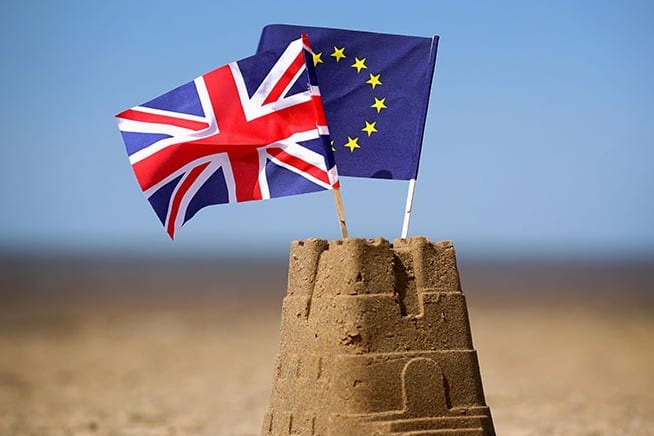 OH. MY. GOD.
OH. MY. GOD.
ON the 23 June Brits were asked whether they would like their country to ‘Remain a member of the European Union’ or ‘Leave the European Union’.
The ensuing debate revealed divisions within the electorate that transcended established party loyalties, class, economic status and just about everything else. The result, when announced in the early hours of Friday morning, sent shockwaves throughout both the European Union and the World.
The United Kingdom voted to Leave the European Union by 52% to 48%.
The atmosphere at polling stations had seemed jovial. The director of the Warlingham vote count (Warlingham is in Tandridge on the outskirts of London), commented that turnout had been as high as a national election.
He also felt most people had made up their minds. They came in, voted, and left. There was no dawdling.
Perhaps these were early signs of trouble. When the result for Leave was predicted by the BBC, surprise and shock were evident.
As LEAVE took a decisive lead the big question loomed – What happens now?
Short answer; nothing fast.
The referendum is only advisory and not legally binding for the UK government. This means that they can ignore the outcome. However, the chances of this happening are pretty near zero.
To act on the result, the U.K. Must trigger Article 50 of the Maastricht treaty in order to begin the departure process. Once done the time taken to negotiate a Brexit could take up to two years.
Realising it has time before it can trigger the article, the U.K. Political elites are calling for a state of calm (unless you’re an extremist like Nigel Farage who is off declaring ‘Independence Day’).
It has certainly being very impressive how the political class has acted in order to calm the electorate. Boris Johnson warned that the results of the vote would not cause an “immediate Brexit”, whilst the Bank of England made £250bn available for floundering companies. David Cameron too, although announcing that he will resign, has said that he will not do so until October. These moves have restored a measure of calm.
No decisions will be taken rapidly.
Other nations have also stepped forward to calm the situation. Canada and the United States of America have both pledged to continue friendly relations with the UK.
Within the EU, some nation-states are expressing a combination of regret at the UK’s departure and agreement with the country’s statement – the EU isn’t listening.
Stefan Lofven, Prime Minister of Sweden, heralded the EU referendum result as a “wake-up call” for the EU. The Hungarian Prime Minister Viktor Orban gave his agreement with the UK electorate’s opposition to uncontrolled migration, stating that the EU should work to solve problems “like migration.”
Even Angela Merkl, although expressing her acknowledgement of the “British people’s decision with regret” has not behaved aggressively towards the UK.
No one is threatening anyone else just yet.
This co-operation is serving to restore calm within Europe. Sensible decisions can be made in Brussels about the terms of Brexit, which are not powered by nationalism, anger or hatred.
We must now wait until the UK gets a new prime minister who can go to Brussels, and begin negotiations for a Brexit.
Click here to read more News from The Olive Press.









“… stepped forward to calm the situation… not behaved aggressively…”
Well yes, isn’t that what’s commonly recommended when dealing with a mad dog?
Don’t worry – the current lot of Mps don’t have the courage/stupidity to invoke Article 50. It will be postponed month after month, year after year.